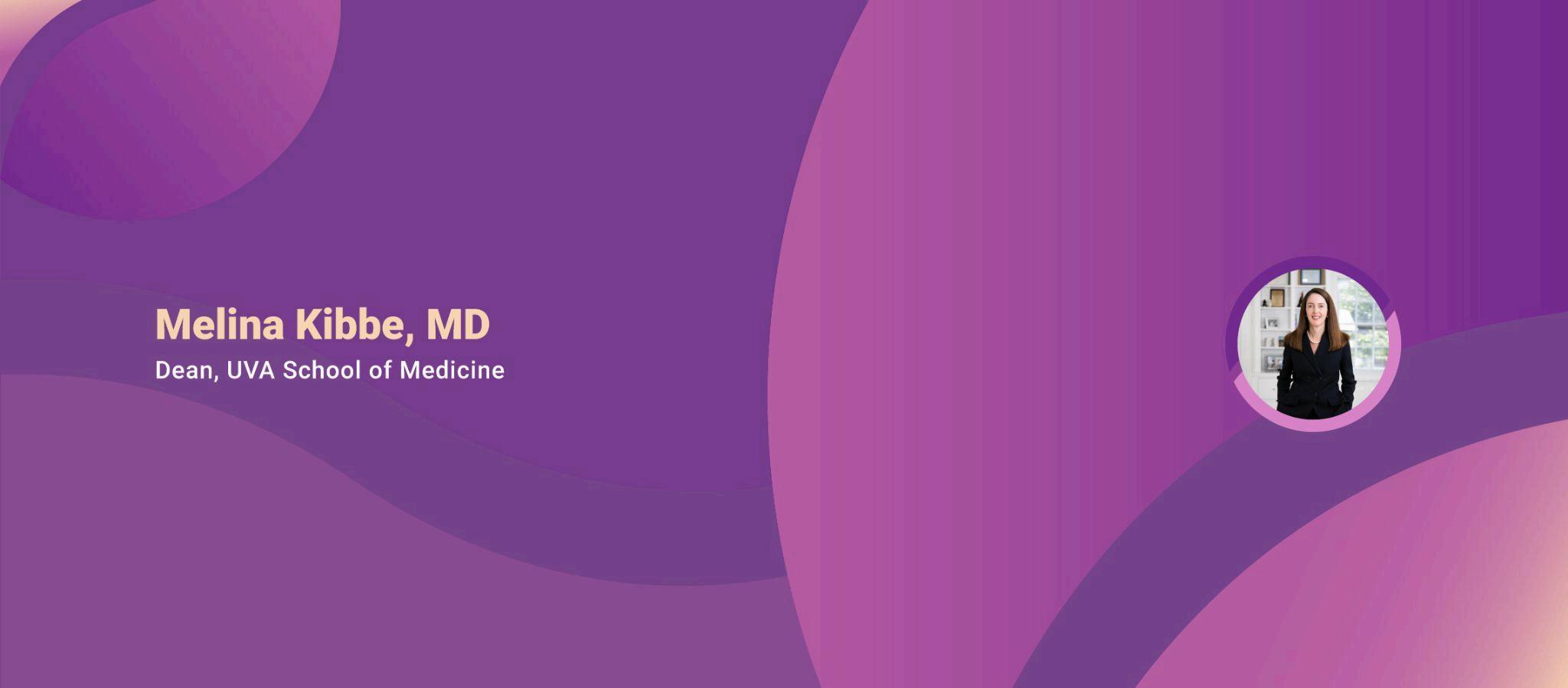Melina Kibbe: Could Surgeon-Scientists Revolutionize Patient Care?

Have you ever wondered how insights from the operating room can spark breakthroughs in medical research? Surgeon-scientists uniquely blend surgical expertise with scientific curiosity to tackle real-world challenges and in doing so, they reshape the landscape of patient care. By observing problems firsthand, they ask “Why not test a new approach?” rather than accept the status quo, as noted by Melina Kibbe.
What drives this innovation? Surgeon-scientists notice limitations in current tools and techniques during surgery. Then, they collaborate with engineers to prototype solutions. How often do you hear about a surgeon designing a robotic arm or a novel imaging device? Their intimate understanding of surgical workflow fuels creative experiments that aim to reduce invasiveness and accelerate healing.
But innovation isn’t limited to hardware. Have you ever considered how tissue samples collected during operations can unlock molecular secrets? Surgeon-scientists analyze those samples in the lab, searching for clues about tumor behavior or infection pathways. Could identifying a specific biomarker lead to personalized treatment plans? This detective work guides oncologists and infectious disease specialists toward more precise therapies, enhancing outcomes.
Curious about how new techniques make it to hospital protocols? Clinical trials play a crucial role. Surgeon-scientists design studies that compare cutting-edge procedures with standard practices. They ask tough questions: “Is this method safer? Does it speed recovery?” Thanks to
rigorous evidence gathered in trial settings, only the most effective innovations become routine, ensuring patient safety remains paramount.
What about training the next generation? Surgeon-scientists mentor residents and fellows, encouraging them to question assumptions. They lead workshops on experimental design and data interpretation. Imagine being a trainee and wondering, “What if I applied that lab technique in the OR?” This mentorship cultivates a mindset where inquiry and care go hand in hand.
And what does the future hold? Could gene editing or AI-driven surgical planning become everyday tools? As surgeon-scientists explore regenerative medicine and machine learning, they open doors to treatments once deemed impossible. The intersection of curiosity, research, and hands-on practice promises ongoing advances in patient care.
Surgeon-scientists exemplify how asking “What if?” can lead to transformative solutions. Their dual roles as clinicians and researchers ensure that every question, every experiment, and every discovery directly benefits the people who matter most patients.
